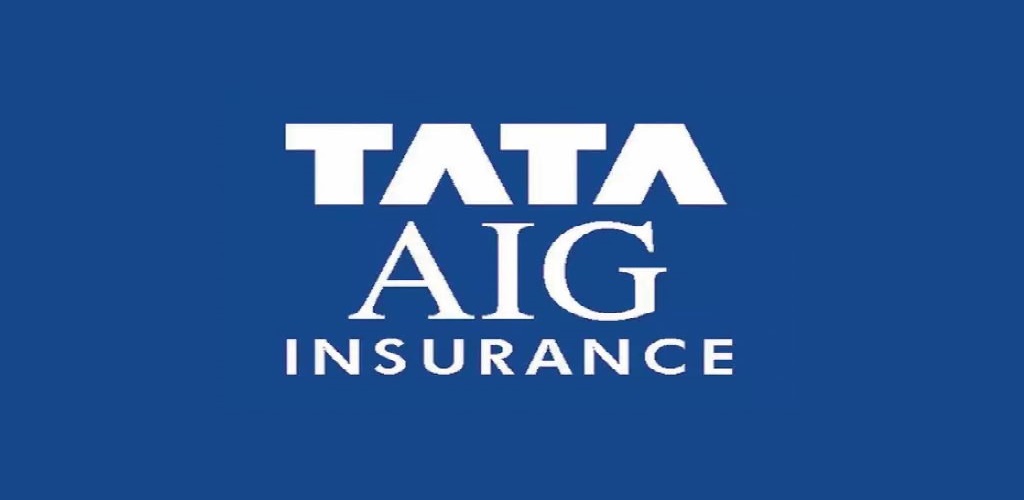No matter what kind of occupation you’re in, accidents may happen without prior notice. It’s important to know how to protect yourself without breaking your budget and get the best medical care you need. However, things get a little serious when employees are working in the construction industry or manufacturing facility. The reason behind this is that employees working in such industries are vulnerable to risks and bodily damage. Remember that your workers are the asset of your organization and if you don’t take proper care of them, you might run into losses later. Thus, offering Workmen’s Compensation Insurance is the need of the hour!
Workmen’s Compensation Insurance refers to the insurance where the employer has to cover medical costs and wages in case of accidental death or disablement. Additionally, the Workmen’s Compensation Act of 1923 states if an employee gets hurt or dies by accident while working, the employer is responsible for giving compensation to the employer or their family.
If you have an accident or fall sick at the workplace then this insurance policy will provide you maximum protection in case of emergency. Let’s dive into the steps to file a Workmen’s Compensation Insurance Claim to make the best out of your policy.
Steps To File a Workmen’s Compensation Claim
Though getting Workmen’s Compensation Insurance is important, both employer and employee should know the claim filing process to reap countless benefits. Let’s discuss the steps to file a claim.
- Look for Medical Assistance Right Away
The first thing that every victim should do is seek medical assistance right after the moment they meet an accident. Don’t wait or try to figure out what to do. Ensure you call an ambulance or go straight to the hospital. This is a crucial time and any negligence may lead to serious consequences. Though you might feel hesitant to call others, it’s always the priority to take care of your well-being in such a scenario.
- Inform Your Insurer
After seeking the medical step, the second step that you need to consider is to inform your insurer about the injury that you sustained. Depending on how serious it is, you might need to report it to the police by filing a First Information Report (FIR) at the closest station. When you inform your employer, they should give you a form to officially report the injury. It’s important to promptly fill out the form without delay.
- Keep a Record of Everything
In the third step, you will need to take some preventive steps to help file a claim. When you receive medical care, try to take some pictures from your smartphone to show where the injury happened. The main purpose behind this is that you can easily file a claim without proper evidence which would ultimately help in the claim process. After that, you should write down everything you recall about the accident. Ensure you keep a note of the following things;
- Time, date, and accident location
- Process of accident
- How severe an injury is
- List of people involved in the accident
- Medical treatment offered
- Claim Investigation
In the next step, the insurance company will investigate the entire situation before clearing your claim. If the claim involves accidental death or permanent disability, they may appoint an investigator to gather relevant information. The insurance company will carefully review all documents related to the claim and may verify the circumstances of the incident. Furthermore, there are chances that they might conduct independent medical tests to seek clarification regarding the documents that you have submitted.
- Wait for Their Approval
Remember that you did your job perfectly and now it’s time to wait for their answer. The insurance company will review your documents and if they find it genuine then your claim is approved. On the other hand, if they reject it, there is no need to worry about it. There are multiple options that you can consider to approve your claim.
- File an Appeal, if the Claim is Rejected
There is no need to worry even if your claim gets rejected. You can still file an appeal. Keep in mind that every state has its appeal process but generally involves submitting paperwork and attending a court hearing. If your claim is genuine then it will get approval in the court appeal.
- Stay Updated
Congratulations- You have done everything that you could possibly do! Ensure you get in touch with both your employer and the insurance company during the claim process. If you have any questions, don’t hesitate to ask. Remember, if you’re injured at work, you have the right to receive workers’ compensation. It’s crucial to exercise your rights throughout the process.
Documents Required to File a Claim for Workmen’s Compensation Insurance
Here’s a list of the documents required to file a claim for Workmen’s Compensation Insurance.
In Case of Minor Accidents/Injuries
- Duly Filed Claim Form
- ID Proof
- Evidence/Proof
- Employer’s ID Proof (Issued by the Employer)
- Salary Slips for the last three months (Including the month of the accident)
- Original Hospital Bills/Documents
- Detailed Description of the Accident Report
- Payment Proof of the Medical Expenses
In the Case of Death
- Workmen Compensation Act’s Form A
- Post-Mortem Report and Death Certificate
- Proof of Compensation Amount deposited
- Copy of the FIR
In the case of Permanent Disability
- Valid Certificate from the Treating Doctor that shows the percentage of disability
- Photographs of the injured person showing the body part disabled.
- Proof of the Compensation amount.
In the case of Temporary Disability
- Medical/Fitness Certificate from Attending Doctor
- Leave Certificate from the Employer
- Payment Proof indicating Compensation paid to the Injured
What is not covered under workmen’s compensation claim?
It is no secret that not every injury will be covered under the Workmen’s Compensation Insurance. Both employees and employers should have a proper understanding of the same. Here is a list of the things that are not covered under the Workmen’s Compensation Insurance.
- Mental Stress: It includes emotional instability or mental health ailment.
- Self-Inflicted Damages: These include damages or injuries caused by the person with a deliberate intention of harming themselves.
- Alcohol or Fighting: If the injury happens during a fight or while under the influence of alcohol, it’s not covered.
Things to keep in mind while filing a workmen’s compensation claim
Here is a list of the aspects to remember while you’re filing a Workmen’s Compensation Claim.
- Don’t Lie
One of the first things that you should acknowledge is to always be truthful and communicative about your injury. Remember that if you provide false information just to save some money then it may lead to claim rejection or legal consequences, in some cases.
- Maintain a Record
The second thing that you need to do is try to keep a record of how your injury makes an impact on your daily working conditions. Ensure write everything related to tasks you can perform and the way it impacts your mentality. If your claim is challenged then this documentation will be useful.
- Communication
Try to stay informed about the insurer and the employer. Ensure you respond quickly to quests made by the insurance company or your employer to enjoy speedy claims. Furthermore, it shows that even you are interested, which puts pressure on the company to pass your claim.
- Get Back to Work When You’re Well
Make sure you take ample time to return to work after being medically cleared. Rushing back too soon can jeopardize your health and your claim.
- Understand Your Rights
When you’re filing your claim process, ensure you have certain rights that you can exercise to know your legal rights. Remember that you will have the right to appeal in case of claim rejection, seek a second medical option, and return to work when medically able. Try to gain some knowledge about rights that you can exercise in case of claim filing.
Conclusion
So, there you have it! That’s a conclusion to filing a Workmen’s Compensation Claim! There is no denying that accidents may happen to anyone at any time. However, the thing that matters the most is how quickly you respond to challenges like the claim process to get the best out of your Workmen’s Compensation Insurance.
Frequently Asked Questions
Listed below are the frequently asked questions related to the Workmen’s Compensation Insurance.
The policy provides coverage for accidental death, permanent total disability, permanent partial disability, and temporary total disability.
Remember that pre-existing health conditions not directly caused by work activities may be excluded from the coverage.
As per the Workmen Compensation Act, the employer is required to pay compensation equal to 50% of the monthly wages of the deceased employee.
According to section 10 of the Workmen’s Compensation Act, the limitation period to apply is two years from the date of the accident.
Yes, in India, certain businesses like manufacturing, mining, construction, transport, factories, and plantations with more than 20 workers must have workers’ compensation insurance as mandated by the Workmen Compensation Act, of 1923.








